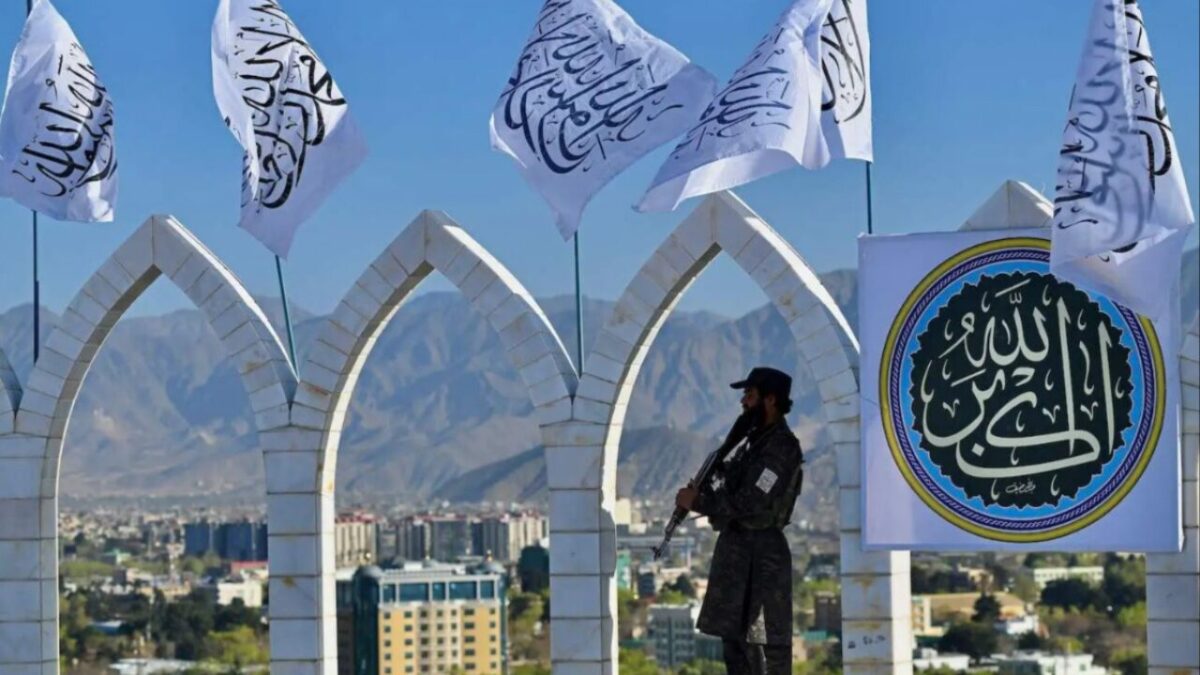KABUL, Afghanistan — In the wake of the collapse of Syrian President Bashar al-Assad’s government, Afghan political figures have drawn parallels to the Taliban’s rule, cautioning against “autocracy” and the dangers of ignoring the populace’s demands.
Abdul Karim Khurram, a former chief of staff to ex-President Hamid Karzai, described Syria’s crisis as a stark reminder for Afghanistan’s rulers. Writing on X, Khurram warned that unresolved grievances can destabilize regimes.
“A government must first make peace with its people,” he wrote, referencing the Taliban’s increasingly strict policies. Khurram criticized the 2001 Bonn Conference, which excluded certain Afghan factions, as a missed opportunity to address internal divisions.
Mohammad Farid Hamidi, Afghanistan’s former attorney general, echoed Khurram’s concerns, stating that autocratic governance often ends in tragedy.
“But such an end is not just for dictators — the people also pay the price,” Hamidi said, emphasizing the need for public awareness and political engagement to disrupt cycles of tyranny.
Zia-ul-Haq Amarkhail, a former governor of Nangarhar, stressed the importance of domestic support for achieving international recognition.
“International legitimacy is only possible when domestic legitimacy is achieved,” Amarkhail said. “The people’s demands are being ignored, creating a growing chasm between the government and the nation.”
Former Vice President Amrullah Saleh drew a direct comparison between Assad’s fall and the Taliban’s collapse in 2001.
“The celebrations in Syria are reminiscent of the joy felt in Afghanistan after the Taliban’s first regime fell,” Saleh said. “Such celebrations will return, but the approach to removing the Taliban will differ this time.”
The Taliban have maintained that their government represents the will of the Afghan people. However, social and human rights activists, along with political leaders, argue that the group’s policies over the past three years — including bans on female education and restrictions on women’s roles in public life — contradict such claims.
“The Taliban government has brought nothing but suffering to the people and still lacks an inclusive structure,” said Zahir Bahand, a journalist.
Banafsha Zafari, a social activist, criticized the Taliban’s governance as exclusionary.
“Their system is designed to serve themselves, perpetuating ethnocentrism and unilateralism, leaving no role for the people,” Zafari said.
The remarks come amid growing calls for the Taliban to address public discontent and implement reforms. Critics warn that failure to do so risks deepening divisions and undermining the country’s stability.





